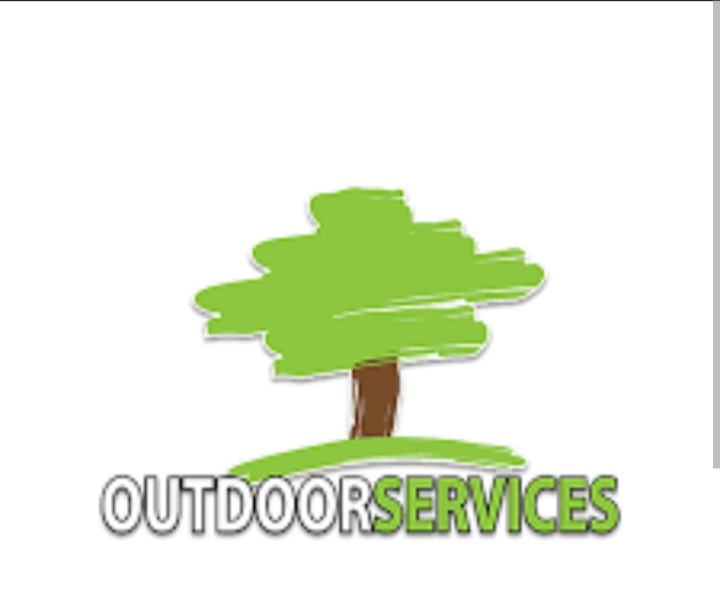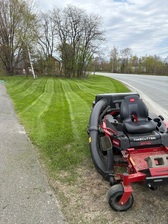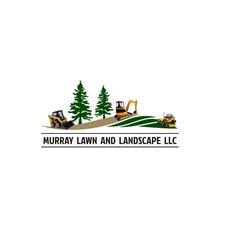
Get matched with top lawn irrigation specialists in Brewer, ME
Enter your zip and get matched with up to 5 pros
Need a pro for your lawn irrigation project in Brewer, ME?
Verified Reviews for Lawn Irrigation pros in Brewer, ME
*The Angi rating for Lawn Irrigation companies in Brewer, ME is a rating based on verified reviews from our community of homeowners who have used these pros to meet their Lawn Irrigation needs.
*The HomeAdvisor rating for Lawn Irrigation companies in Brewer, ME is a rating based on verified reviews from our community of homeowners who have used these pros to meet their Lawn Irrigation needs.
Last update on December 08, 2025
Find Lawn irrigation specialists in Brewer

ADEN OUTDOOR SERVICES
ADEN OUTDOOR SERVICES
Aden outdoor services does raking, drive way clean up, weed wacking, cleaning yard, shoveling. Call if interested.
Aden outdoor services does raking, drive way clean up, weed wacking, cleaning yard, shoveling. Call if interested.
Fleming Construction, Inc
Fleming Construction, Inc
Fleming Construction, Inc has been in business for 33 years, giving the highest quality service in the Eastern Maine area. Safety is our #1 priority, and we are fully insured. We are a small, family owned and operated business. DEP certified and State certified for septic systems and environmental protection. Free estimates. We also sub-contract with reputable companies in the area.
Fleming Construction, Inc has been in business for 33 years, giving the highest quality service in the Eastern Maine area. Safety is our #1 priority, and we are fully insured. We are a small, family owned and operated business. DEP certified and State certified for septic systems and environmental protection. Free estimates. We also sub-contract with reputable companies in the area.
DePaola Landscaping Services
DePaola Landscaping Services
DePaola landscaping is a small company with plenty of knowledge and experience in what we do. Billing and payment can be discussed and negotiated before any work takes place.
DePaola landscaping is a small company with plenty of knowledge and experience in what we do. Billing and payment can be discussed and negotiated before any work takes place.
Pine State Property Services
Pine State Property Services
Free estimates. We also offer discounts for seniors, veterans and active military members.
Free estimates. We also offer discounts for seniors, veterans and active military members.
Lockharts Lawncare and Critter Removal
Lockharts Lawncare and Critter Removal
Lockharts lawncare and critter removal is by far maines most affordable and dependable landscaping and nuissance animal removal company.
Lockharts lawncare and critter removal is by far maines most affordable and dependable landscaping and nuissance animal removal company.
THE HORTICULTURAL INTUITIVE
THE HORTICULTURAL INTUITIVE
THE HORTICULTURAL INTUITIVE IS A FAMILY OWNED LANDSCAPING COMPANY LOCATED IN COASTAL MAINE.
THE HORTICULTURAL INTUITIVE IS A FAMILY OWNED LANDSCAPING COMPANY LOCATED IN COASTAL MAINE.
FARLEY & SON LANDSCAPING, INC.
FARLEY & SON LANDSCAPING, INC.
FAMILY OWNED & OPERATED. ADDITIONAL EMAIL: [email protected].
FAMILY OWNED & OPERATED. ADDITIONAL EMAIL: [email protected].
The Brewer, ME homeowners’ guide to lawn irrigation services
From average costs to expert advice, get all the answers you need to get your job done.
 •
•Discover the average outdoor misting system cost, key price factors, and ways to save. Get transparent, expert-backed estimates for your installation.

A French drain costs around $9,250 to install, but several factors will determine the final price you pay. Learn the cost to install French drains in this guide.

If your sprinkler system isn’t working, it may be time for a new pump. Find out sprinkler pump replacement costs with this guide.

Learn how to adjust Rain Bird sprinkler heads, no matter the type. Fine-tuning your sprinklers ensures optimal water usage and reach.

Need an efficient watering system for your garden? We discuss how to install drip irrigation so your plants will get everything they need.

Your sprinkler system could be leaking for many reasons, such as faulty valves and broken pipes. Learn five common reasons along with solutions.
- Glenburn, ME Lawn irrigation specialists
- Veazie, ME Lawn irrigation specialists
- Hermon, ME Lawn irrigation specialists
- Bangor, ME Lawn irrigation specialists
- Orrington, ME Lawn irrigation specialists
- Dedham, ME Lawn irrigation specialists
- Holden, ME Lawn irrigation specialists
- Orono, ME Lawn irrigation specialists
- Eddington, ME Lawn irrigation specialists
- Newburgh, ME Lawn irrigation specialists
- Hampden, ME Lawn irrigation specialists
- Bradley, ME Lawn irrigation specialists
- Levant, ME Lawn irrigation specialists
- Old Town, ME Lawn irrigation specialists
- Winterport, ME Lawn irrigation specialists
- Milford, ME Lawn irrigation specialists
- Carmel, ME Lawn irrigation specialists
- Kenduskeag, ME Lawn irrigation specialists
- Hudson, ME Lawn irrigation specialists
- Bucksport, ME Lawn irrigation specialists
- Clinton, ME Lawn irrigation specialists
- Frankfort, ME Lawn irrigation specialists
- Orland, ME Lawn irrigation specialists
- Stetson, ME Lawn irrigation specialists
- Dixmont, ME Lawn irrigation specialists
- Stockton Springs, ME Lawn irrigation specialists
- Etna, ME Lawn irrigation specialists
- Corinth, ME Lawn irrigation specialists
- Otis, ME Lawn irrigation specialists
- Trenton, ME Lawn irrigation specialists







